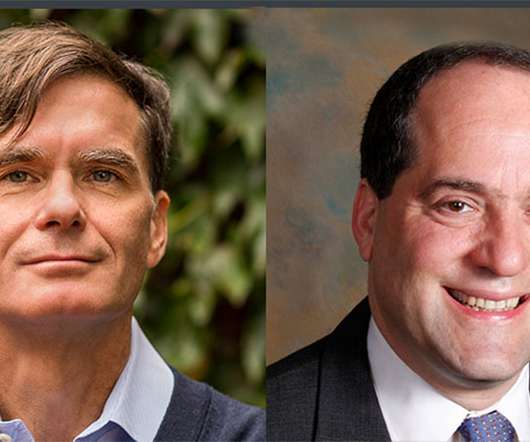The Future Of Vision And Eye Care
The Medical Futurist
JUNE 21, 2025
Treating less serious ailments gets faster, more targeted and more efficient, while the means for curing more serious and life-altering illnesses improve. In 2016, The Guardian reported that a blind woman suffering from this disease was fitted with the implant labelled “bionic eye” in the UK as part of a trial at the Oxford Eye Hospital.























Let's personalize your content